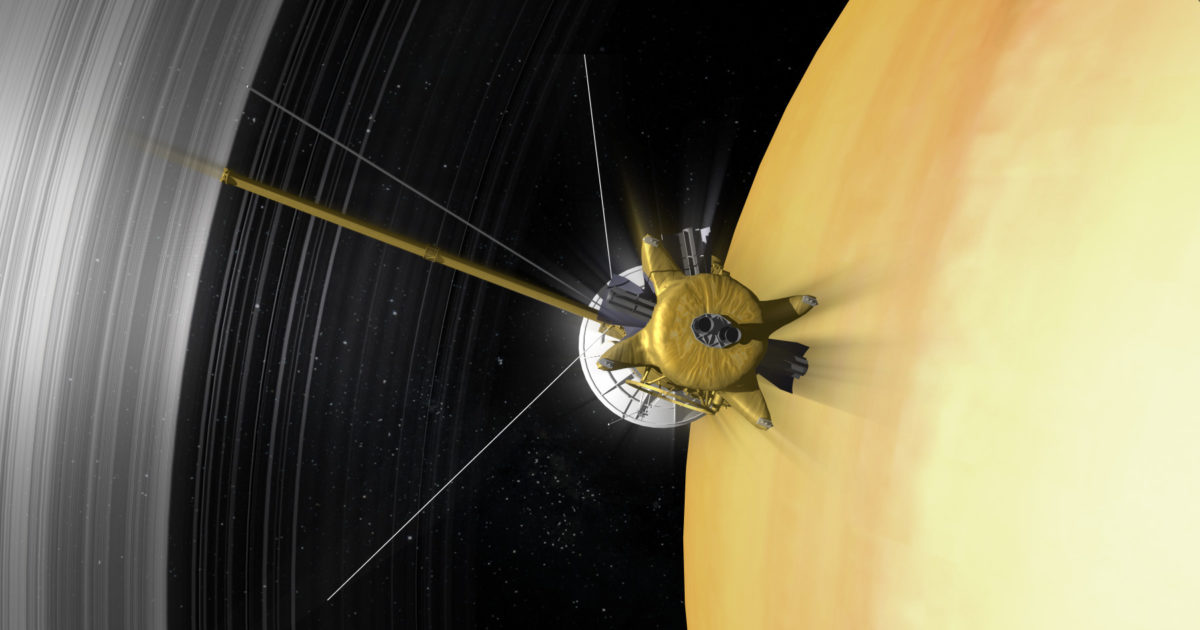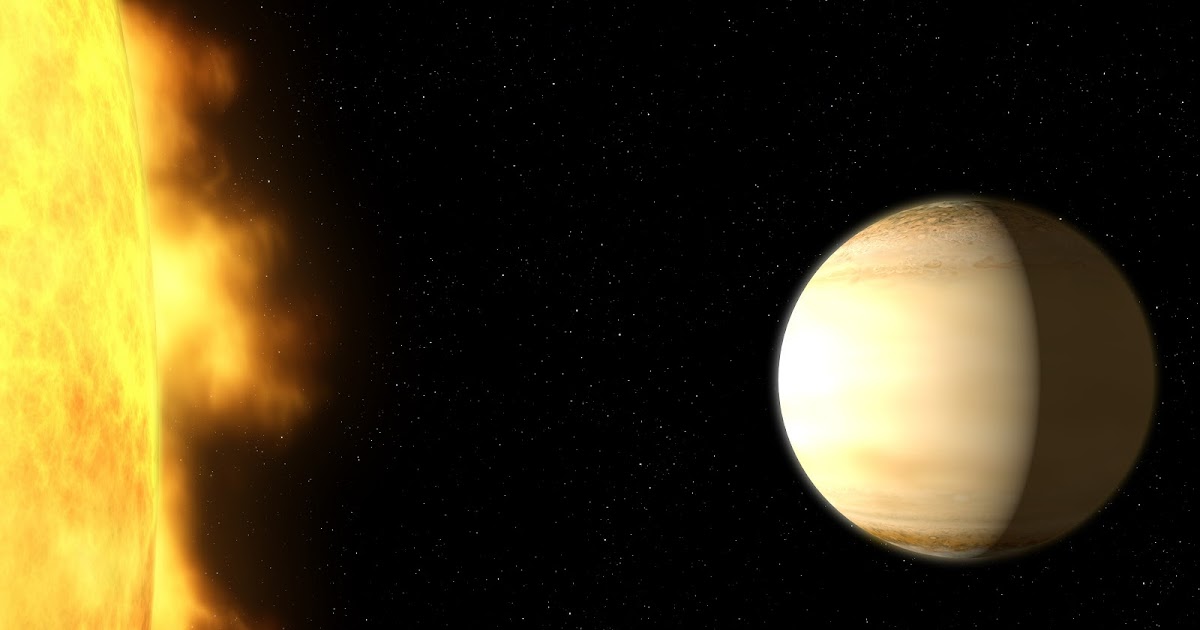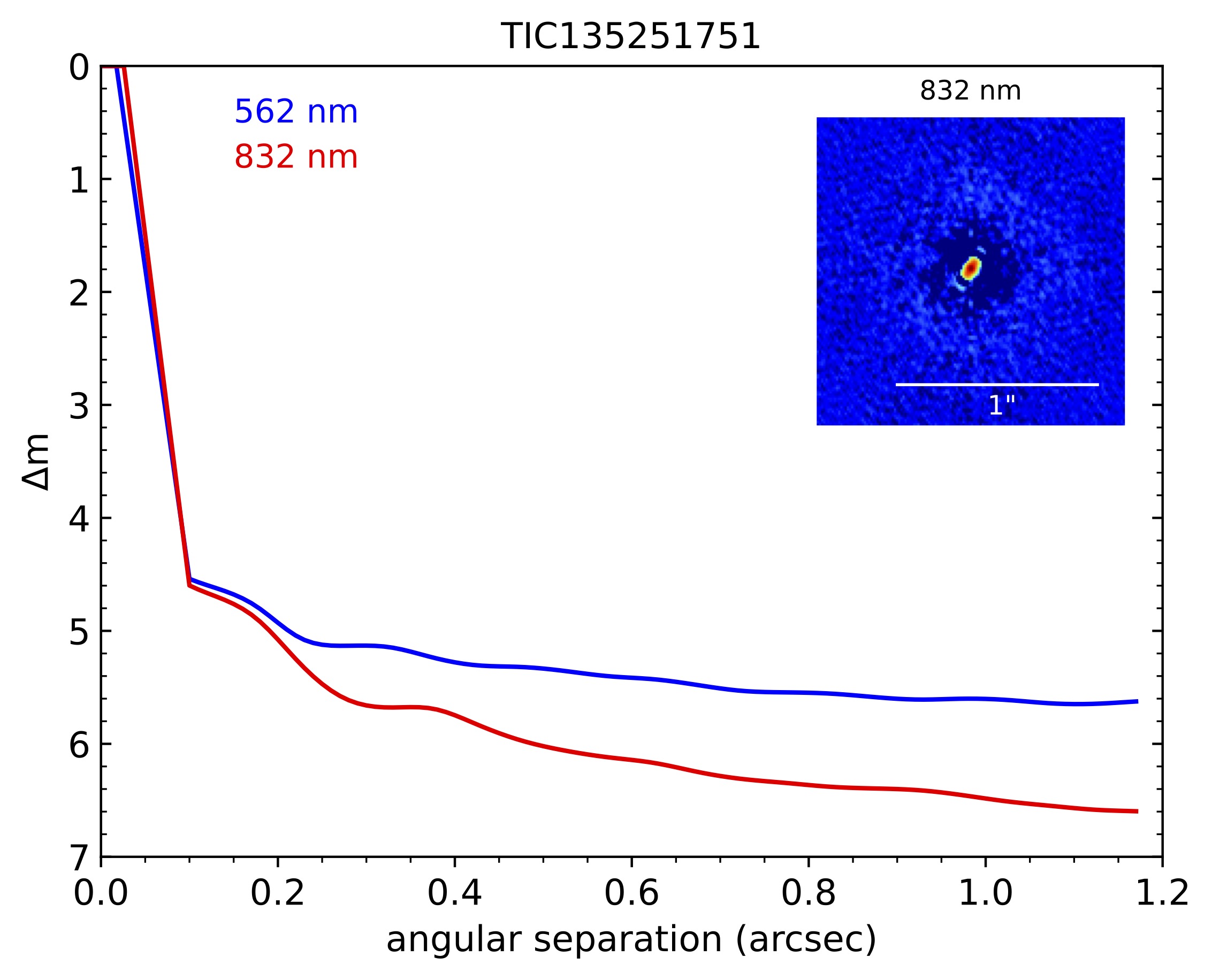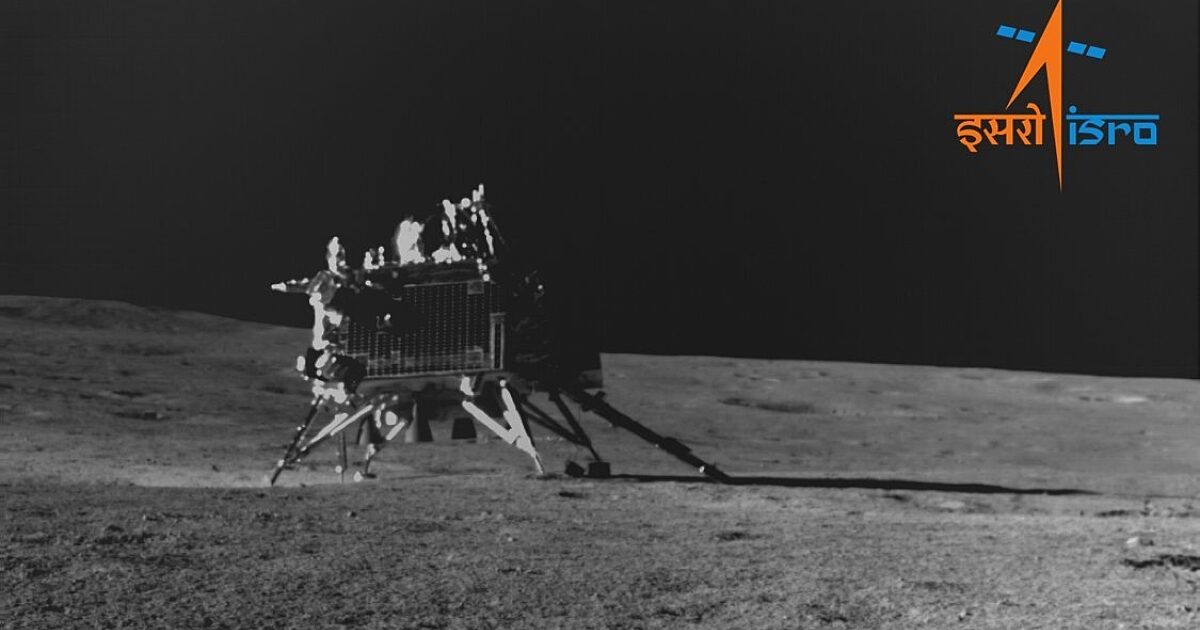Why space science is worth the moneyAlthough governments around the world understand the value of basic science, it can be hard to prioritize its funding given the variety of competing needs within a nation. NASA’s space science programs in 2024 amount to roughly 0.1% of annual U.S. spending, which represents a decrease in recent years. As such, space science sometimes needs to rely on justifications beyond its intrinsic value. In a famous 2007 speech, former NASA Administrator Mike Griffin differentiated between the “real” and “acceptable” reasons for exploring space. “Acceptable” reasons for space exploration are logical, quantifiable, policy-friendly justifications. The “real” reasons, on the other hand, are intuitive, grand, emotional, and difficult to quantify. Both types of reasons are valid, and together they help explain why space science is worth the investment.Some of the “acceptable” reasons for space science involve economic payoffs. Research has found that countries that invest more in basic research, including space science, see a return on investment in their overall economic performance and growth. This effect is dispersed throughout the economy through highly skilled, well-paying jobs. It also has an indirect effect on the economy: Discovery leads to technology and invention, which leads to new products, jobs, and industries. While technology development isn’t the primary goal of space science, this kind of progress would eventually stagnate if basic scientific research were neglected.Another policy-friendly reason to invest in space science is that many scientific missions are internationally collaborative and contribute to allyship with other nations. There is also the very pragmatic goal of understanding Earth, the planet on which we all depend, by studying other planets and their histories. Venus, for example, was once an Earth-like world that eventually devolved into an inhospitable hellscape. By understanding that planet, we can work to prevent a similar fate for our own. But, as Griffin explains, much of what humans do, from falling in love with one’s spouse to enjoying one genre of music more than another, is based on emotional and intuitive motivations. This is a human characteristic, and it plays out in our drive to understand the Universe and our place within it. In many ways, this is why we invest in space science: we want to go to new places and discover new things, witness the beauty and majesty of the Cosmos, understand where we came from and what might be possible in our future, and achieve astonishing feats. Awe, wonder, and inspiration are among the “real” reasons for conducting space science. These are benefits that people can enjoy but that are impossible to quantify or justify on a budget balance sheet. Still, they are some of the most powerful motivators for studying the Universe and our place within it.
Is space science worth the money?




